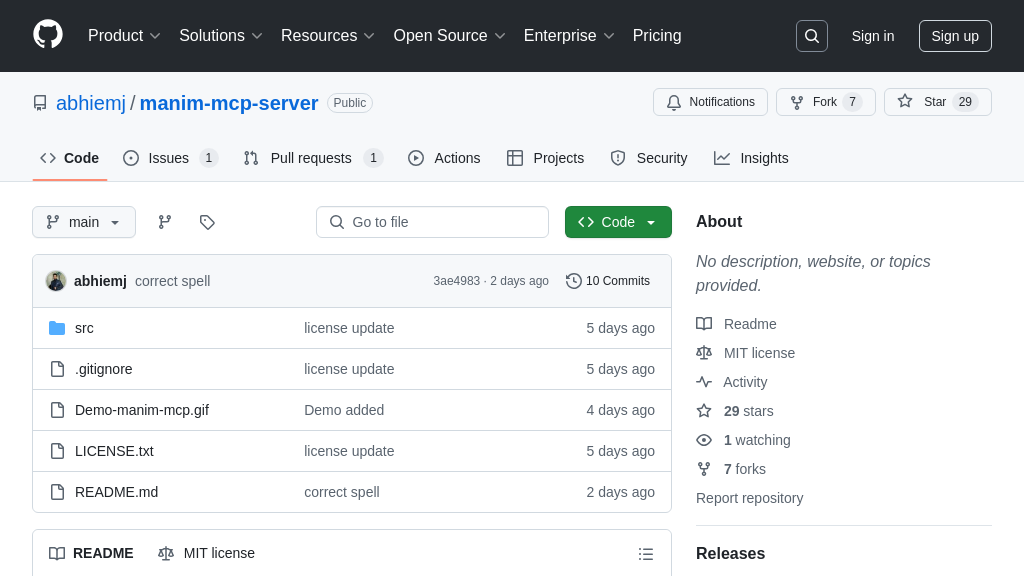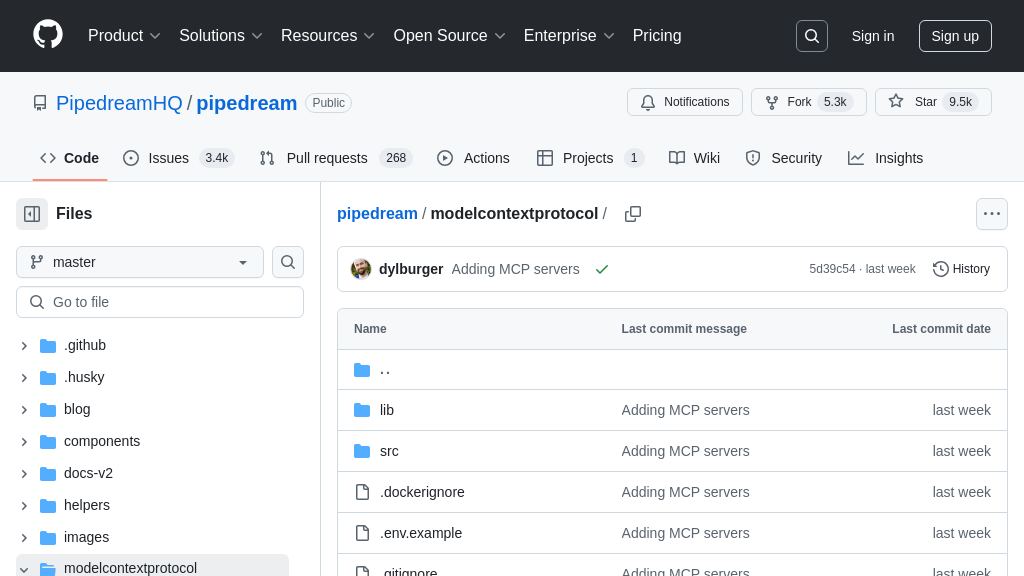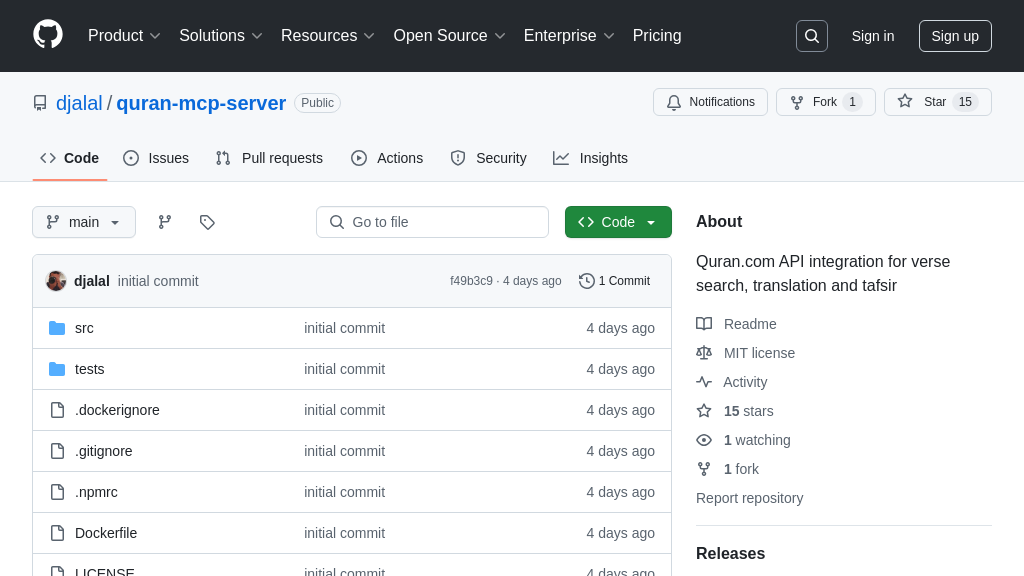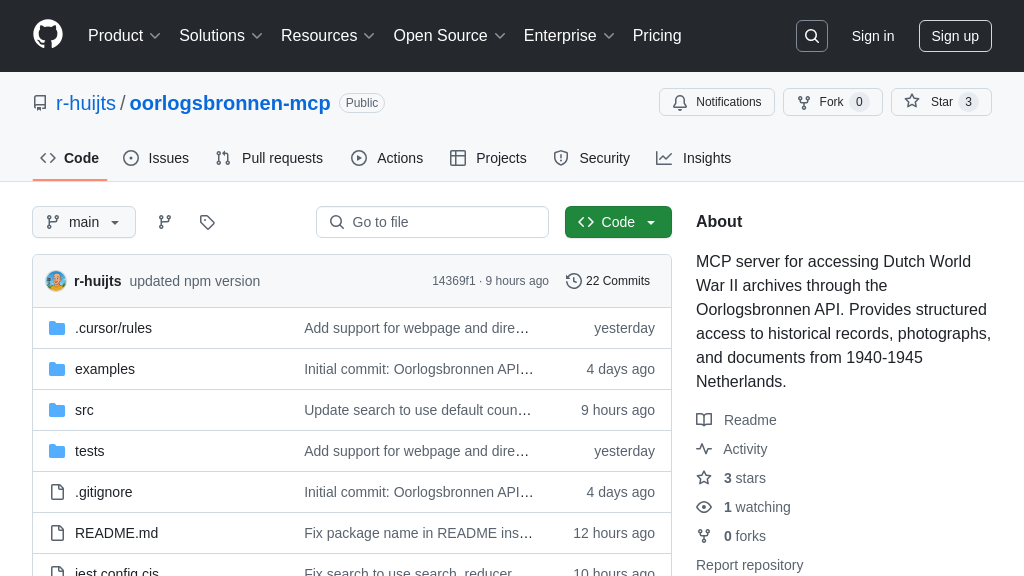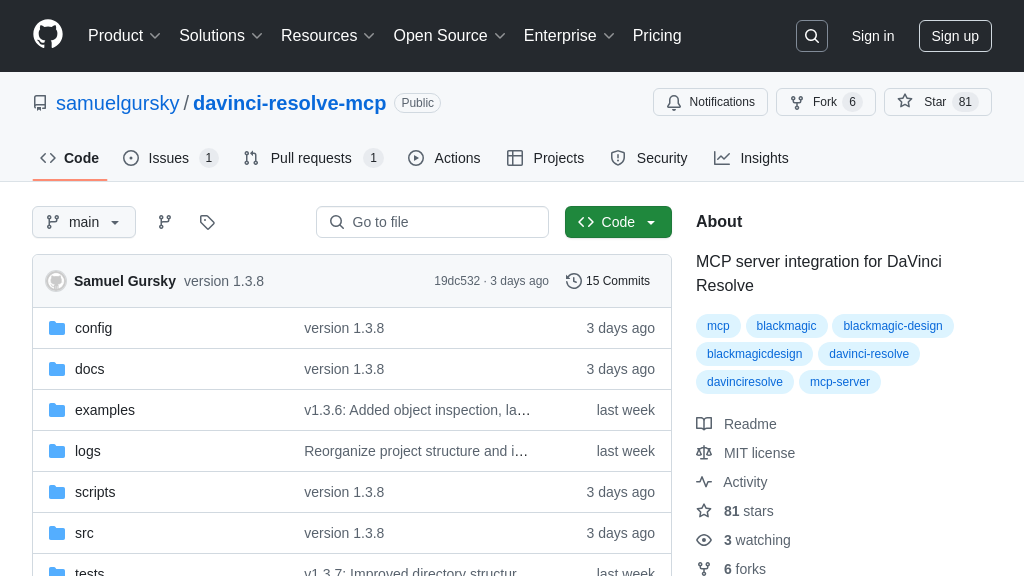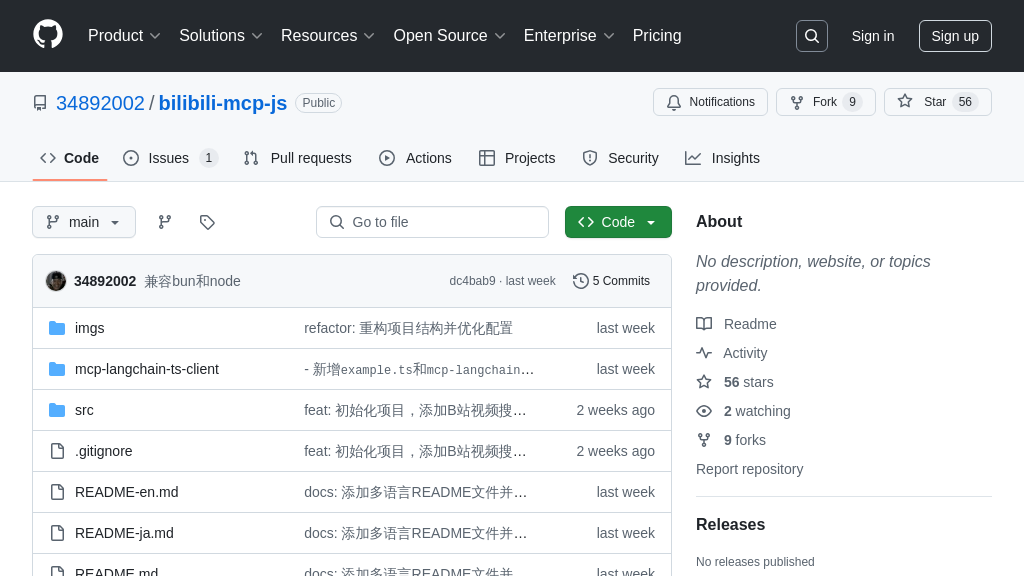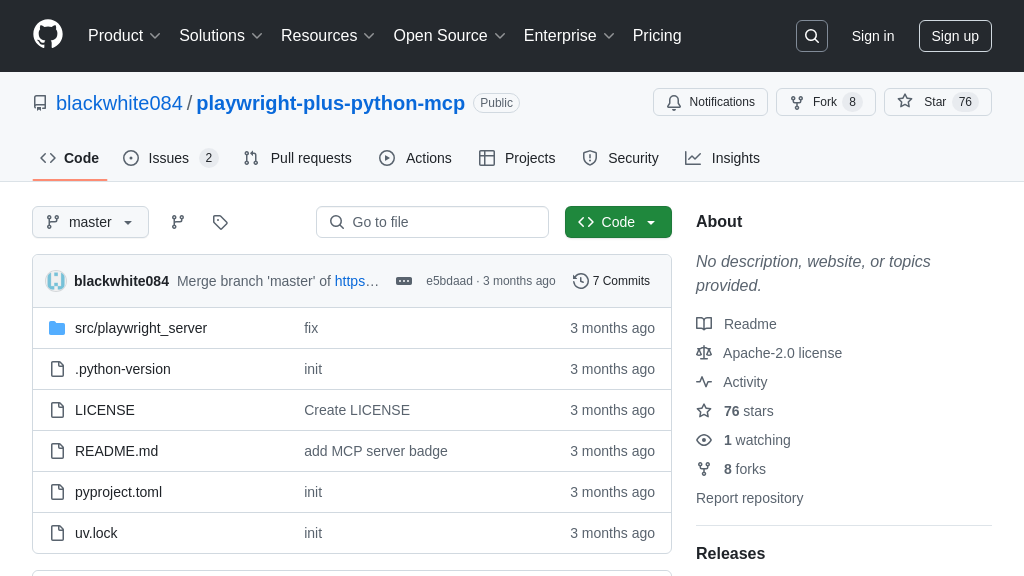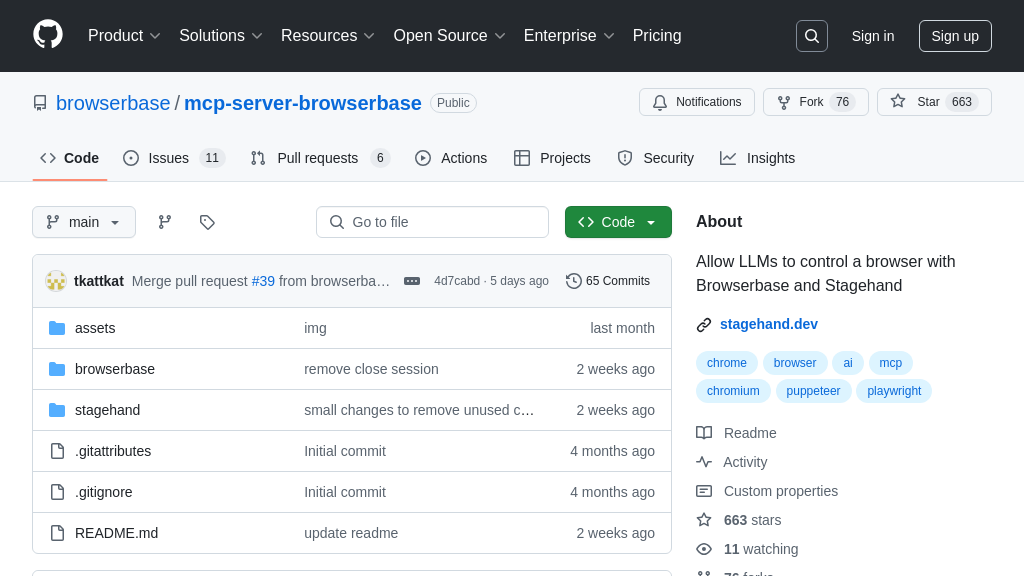mcp-atlassian
Integrate AI models with Atlassian using mcp-atlassian, an MCP server for Confluence & Jira. Automate content and issue management!
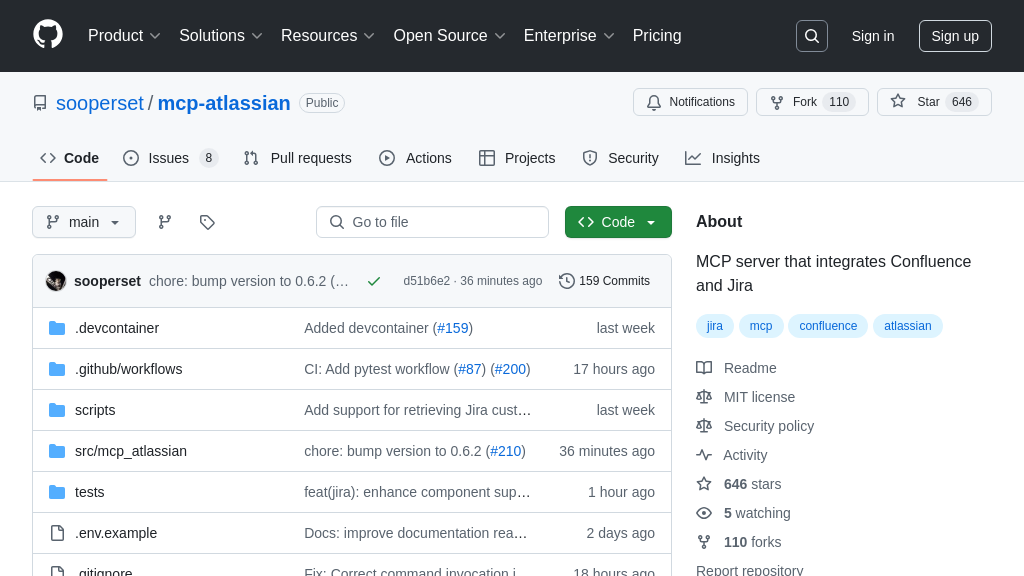
mcp-atlassian Solution Overview
The mcp-atlassian solution is an MCP server designed to seamlessly connect AI models with Atlassian's Confluence and Jira platforms, supporting both Cloud and Server/Data Center deployments. It empowers AI to intelligently access, create, update, and manage content within these collaboration tools.
This server offers a suite of tools for searching, retrieving, and manipulating Confluence pages and Jira issues, enabling AI models to automate tasks, extract insights, and enhance workflows. It supports standard input/output (stdio) and Server-Sent Events (SSE) for flexible integration. Developers can filter Confluence spaces and Jira projects, and even operate in read-only mode for enhanced security.
By bridging the gap between AI and Atlassian, mcp-atlassian unlocks the potential for intelligent automation and data-driven decision-making, streamlining workflows and boosting productivity. It simplifies integration, allowing developers to focus on building intelligent applications that leverage the wealth of information within Confluence and Jira.
mcp-atlassian Key Capabilities
Unified Atlassian Access
The mcp-atlassian server provides a single, unified interface for AI models to interact with both Confluence and Jira. This eliminates the need for AI models to manage separate connections and authentication processes for each Atlassian product. The server supports both Cloud and Server/Data Center deployments of Confluence and Jira, ensuring compatibility across various infrastructure setups. This unified access simplifies the development of AI-powered applications that leverage information from both platforms, such as automatically generating Jira tickets based on Confluence documentation or summarizing project progress across both systems.
For example, an AI model could use mcp-atlassian to analyze Confluence documentation for potential issues and automatically create corresponding Jira tickets, streamlining issue reporting and resolution. The server uses the Atlassian REST APIs to interact with Confluence and Jira, abstracting away the complexities of API authentication and request formatting.
Comprehensive CRUD Operations
mcp-atlassian offers a comprehensive suite of tools for Create, Read, Update, and Delete (CRUD) operations within Confluence and Jira. AI models can leverage these tools to search, retrieve, create, update, and delete content, issues, and other entities within the Atlassian ecosystem. This allows AI models to not only consume information but also actively participate in workflows and processes managed within Confluence and Jira. The server provides granular control over these operations, allowing developers to define specific permissions and access controls for AI models.
For instance, an AI model could automatically update Jira issue statuses based on events in Confluence, such as a document being approved or rejected. The CRUD operations are implemented using the respective REST APIs of Confluence and Jira, with mcp-atlassian handling the necessary authentication and data transformation.
Flexible Transport Mechanisms
The server supports both standard input/output (stdio) and Server-Sent Events (SSE) as transport mechanisms for communication between AI models and the mcp-atlassian server. This flexibility allows developers to choose the most appropriate transport based on their specific requirements and infrastructure. Stdio is suitable for simple, synchronous interactions, while SSE provides a persistent, unidirectional connection that is ideal for real-time updates and event-driven architectures. The choice of transport mechanism is configurable via command-line arguments, allowing for easy adaptation to different deployment scenarios.
For example, an AI model that requires real-time updates from Jira, such as a chatbot that provides instant notifications about issue changes, could use the SSE transport. The transport mechanism is implemented using standard Python libraries, ensuring compatibility across different operating systems and environments.
Resource Filtering and Read-Only Mode
mcp-atlassian provides resource filtering capabilities, allowing developers to restrict the Confluence spaces and Jira projects that an AI model can access. This is crucial for maintaining data security and privacy, as it prevents AI models from accessing sensitive information that is not relevant to their intended purpose. Additionally, the server supports a read-only mode, which disables all write operations, further enhancing security by preventing accidental or malicious modifications to Confluence and Jira data.
For example, a customer support AI model could be restricted to only accessing Jira projects related to customer support, preventing it from accessing internal development projects. The filtering is implemented by filtering the results returned by the Atlassian REST APIs based on the configured space and project filters. The read-only mode is enforced by disabling the corresponding write operations in the server's code.
